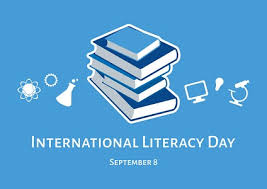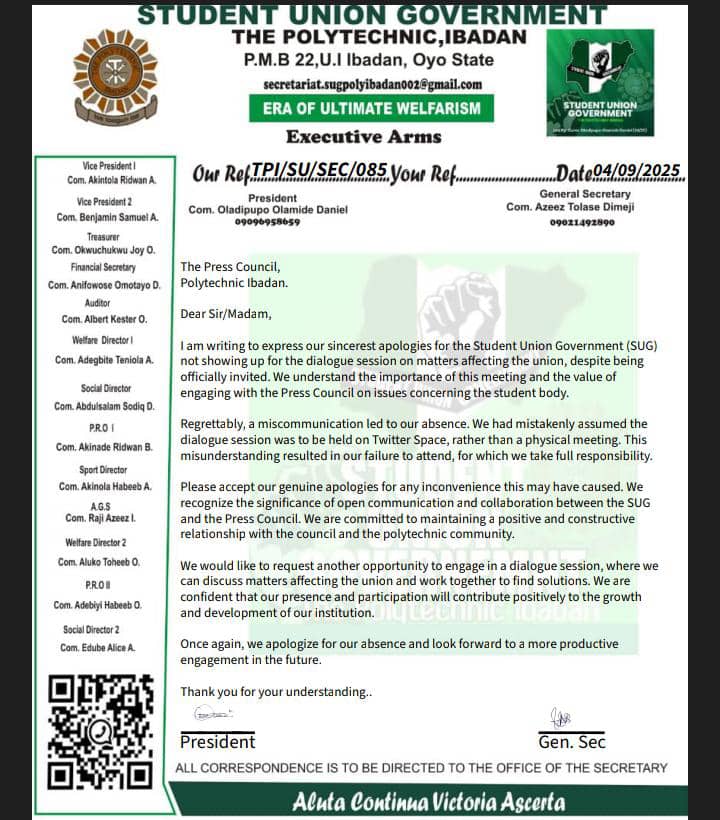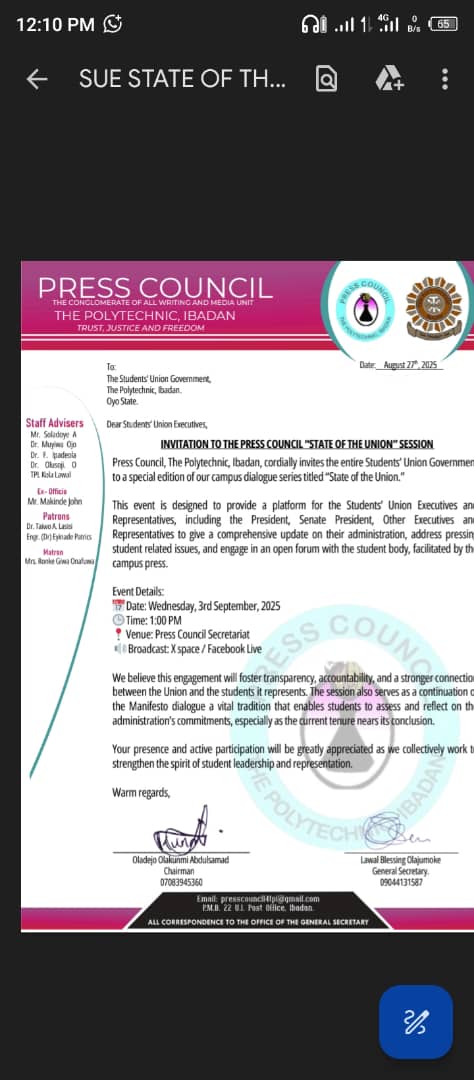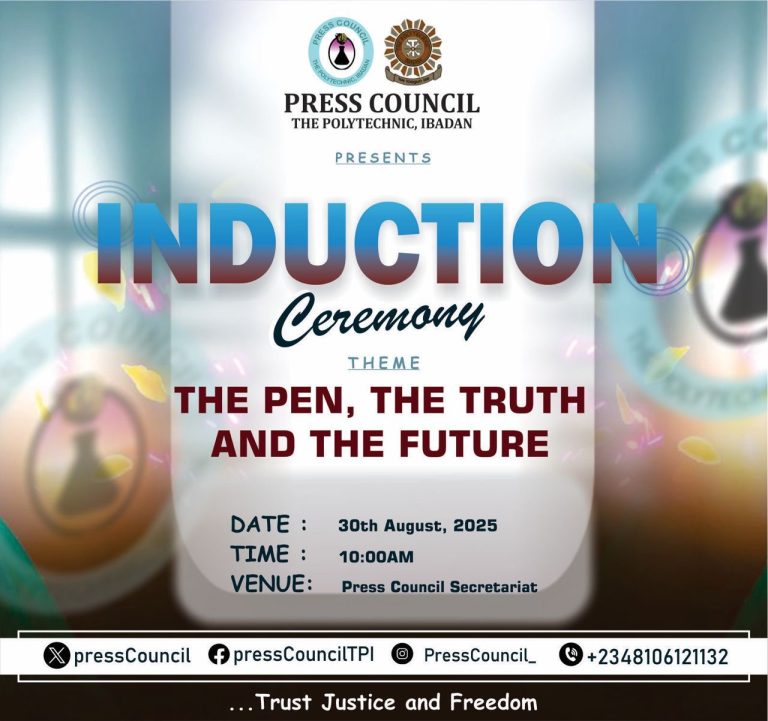By; Lawal Blessing Olajumoke
Today, September 8, the world marks International Literacy Day (ILD) 2025, a global observance dedicated to raising awareness about the importance of literacy as a fundamental human right and a driver of sustainable development.

First proclaimed by UNESCO in 1967, the day highlights progress made in expanding access to education while drawing attention to the millions of people worldwide who still lack basic reading and writing skills. According to UNESCO, despite technological advancement, over 770 million adults globally remain illiterate, two-thirds of whom are women.
The theme for this year, “Promoting Inclusive Learning in the Digital Age,” emphasizes the need to bridge gaps in literacy by leveraging technology while ensuring no one is left behind in the fast-evolving knowledge economy.

In Nigeria, the day was marked with calls for stronger investment in education, especially at the grassroots level, where lack of resources, teacher shortages, and poverty continue to hinder progress. Education stakeholders also stressed the importance of equipping young people with digital skills that match today’s realities while ensuring adults and marginalized communities are not excluded.

Speaking on the occasion, UNESCO Director-General Audrey Azoulay noted that literacy “remains the foundation of human empowerment” and urged governments to commit to policies that integrate literacy programs with digital inclusion initiatives.
Across the globe, schools, NGOs, and civil society organizations held events, workshops, and literacy drives to celebrate the day and advocate for a more literate, inclusive, and equitable world.
As the world reflects on this year’s observance, International Literacy Day 2025 serves as a reminder that literacy is not just about reading and writing—it is about dignity, empowerment, and unlocking opportunities for all.


